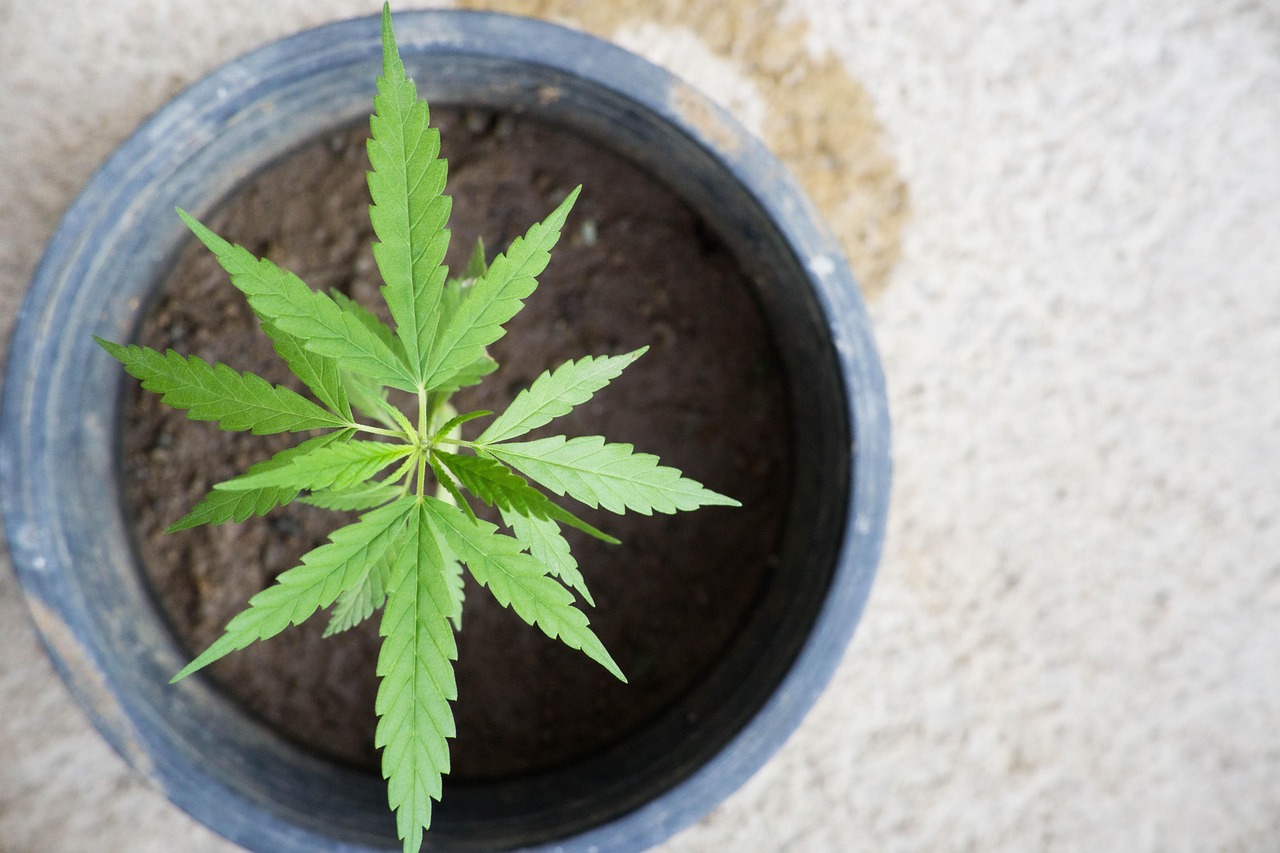Cannabis seeds, the primary method for cultivating and propagating the cannabis plant, hold immense potential beyond mere germination. The legalization of cannabis in various parts of the world has sparked renewed interest in these tiny, yet powerful beginnings. This article explores the different types of cannabis seeds, their uses, and the legal landscape surrounding them.
Types of Cannabis Seeds
Cannabis seeds come in various forms, each suited to different cultivation needs and preferences:
- Regular Seeds: These are natural, unmodified seeds produced from male and female cannabis plants. Regular seeds have a 50/50 chance of growing into either sex, which is ideal for breeders but less so for those looking to grow only female plants, which produce the buds used for recreational and medicinal purposes.
- Feminized Seeds: Created to eliminate male chromosomes, feminized seeds are bred to grow only female cannabis plants. They are popular among growers who do not wish to pollinate females to produce seeds, focusing instead on growing bud-producing females only.
- Autoflowering Seeds: These seeds are bred by crossing a regular species with cannabis ruderalis, a species known for its automatic flowering cycle regardless of the light schedule. Autoflowering plants are typically hardier and faster-growing, making them suitable for beginners.
The Uses of Cannabis Seeds
Cannabis seeds are a powerhouse of nutritional benefits and can be used in various ways:
- Culinary Uses: Hemp seeds, which are the seeds of certain varieties of cannabis that contain negligible amounts of THC, are highly nutritious and rich in fatty acids, protein, and fiber. They can be eaten raw, ground into hemp meal, sprouted, or made into dried sprout powder. Hemp seeds can also be pressed into oil or made into milk and cheese substitutes.
- Medicinal Uses: Cannabis seeds themselves do not contain THC or CBD but their derived oils are praised for their nutritional benefits. The oil is rich in omega-3 and omega-6 fatty acids, which are known to support heart health, reduce inflammation, improve skin conditions, and potentially lower blood pressure.
Cultivation Tips
Cultivating cannabis from seeds can be a rewarding process if done correctly. Here are some tips for those looking to grow their own cannabis:
- Choosing the Right Seed: Depending on your climate and growing conditions, choose a seed type that suits your environment. Autoflowering seeds are generally more forgiving and easier to manage for those new to cannabis cultivation.
- Germination: To germinate cannabis seeds, they need moisture, warmth, and good air circulation. Many growers use the paper towel method, which involves moistening two paper towels, placing the seeds between them, and then putting them in a warm place.
- Transplanting: Once the seeds have sprouted and the seedlings have developed their first set of true leaves, they can be carefully transplanted into larger pots or directly into the ground.
Legal Considerations
The legal status of cannabis seeds varies significantly from one country to another. In some places, it is legal to buy and sell cannabis seeds, while in others, it remains illegal. It is crucial to understand and comply with your local laws regarding cannabis cultivation to avoid legal consequences. As the legal framework continues to evolve, the interest in cannabis seeds is likely to grow, offering new opportunities for both commercial and private cultivation. Whether for nutritional, medicinal, or recreational purposes, cannabis seeds are at the heart of the cannabis industry’s growth and innovation. For those in regions where it is legal, opting to buy FastBuds cannabis seeds can be an excellent choice for quality and genetic diversity.
Keiran


